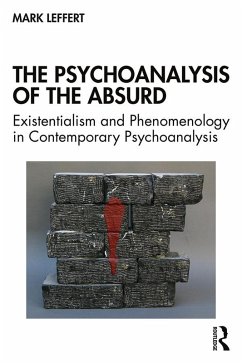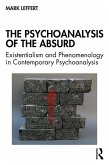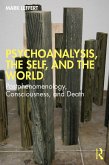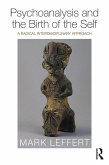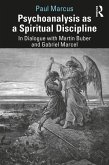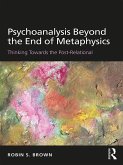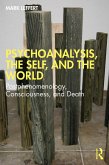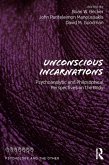The book begins with narrative accounts of the historical development of Psychoanalysis, Existentialism and Phenomenology in 20th century Europe. The focus here is on fin de siècle Vienna and Paris between the Wars as the principal incubators of the two disciplines. Accompanied by composite case illustrations, Leffert then explores his own development of the Psychoanalysis of the Absurd, drawing on the work of Camus, Heidegger and Sartre. Absurdity is first discussed in relation to the Bio-Psycho-Social Self and Dasein is posited as a bridge concept, with personal meaning as the antithesis to Absurdity, before being discussed in relation to the world and how it impinges on self. A final chapter attempts to tie together particular issues raised by the book: Subjective well-being, Meaning, thrownness, Absurdity, Death and Death Anxiety and how we have become technologically enhanced human beings.
Existential psychotherapy and psychoanalysis have, until now, largely gone their own way: the goal of this book is to fold them back into Contemporary Psychoanalysis. Establishing that the concept of Absurdity is of singular clinical importance to both diagnosis and therapeutic action, this book will be of great interest to clinicians, philosophers, and interdisciplinary scientists.
Dieser Download kann aus rechtlichen Gründen nur mit Rechnungsadresse in A, B, BG, CY, CZ, D, DK, EW, E, FIN, F, GR, HR, H, IRL, I, LT, L, LR, M, NL, PL, P, R, S, SLO, SK ausgeliefert werden.
"Leffert has an open, questioning mind, a keen sense of history, an original fresh stance to the clinical enterprise of psychoanalysis, and a clear and charming way of making his existential point. This book is a must read for all mental health clinicians. " -Peter Loewenberg is a Professor Emeritus of Modern European History and Political Psychology at UCLA, a Training and Supervising Analyst and former Dean of the New Center of Psychoanalysis, Los Angeles. Currently he teaches Psychoanalysis and Culture in China.

